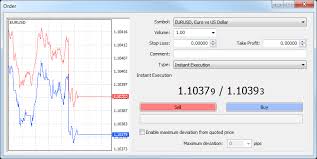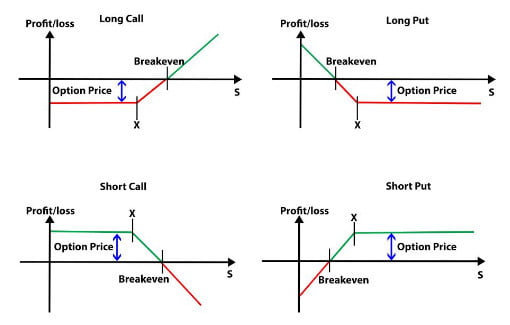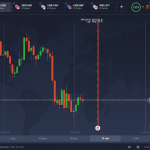What is a position?
In the field of trading in financial markets, a position is a binding commitment to buy or sell a specific amount of financial instruments such as stocks, currencies, commodities or derivatives, to a certain price. The term “position” is also used in finance to describe the number of assets held by a person, company or institution as well as the state of property of the investments of an individual or institution.
Do not confuse the meaning of “position” in the trading of financial instruments with the term “financial position”. The latter stands for “status” or “statement”, ie the balance sheet liabilities in a company to take charge of their debts and obligations.
The positions in the trading of financial instruments
In the trading of financial instruments and derivatives, the concept of position is widely used. Every time a trader buys or sells an asset and the operation remains open is in an open position, with the net position being the balance between open buy and sale trades in the same instrument. There are two basic types of positions: long positions and short positions.
In the following examples is used Forex trading to explain the main concepts related to the term position. The same principle can be applied to any asset and financial market.
Long positions
- If a trader buys 1 lot in EUR/USD and this position remains open, it is said the trader holds a long position open.
- If a trader now sells 1 lot in the pair EUR/USD (which had previously been bought), we say that it has closed a long position.
- If a trader goes long, he will get benefits if the asset price increases and closes the position at a price higher than the opening price. The same trader loses if the price decreases.
Short positions
- If a trader sells 1 lot in EUR/USD and this position remains open, it is said the trader holds a short position open.
- If a trader now buys 1 lot in the pair EUR/USD (which had previously sold), we say that it has closed a short position.
- If a trader goes short, he will get benefits if the asset price decreases and closes the position at a price lower than the opening price. The same trader loses if the price rises.
Net position






